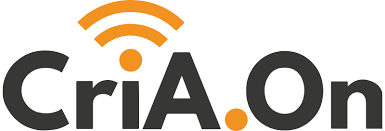The research conducted at ICNOVA has been contributing to the achievement of several Sustainable Development Goals set out in the 2030 Agenda of the United Nations.
Explore our resources below: platforms, observatories, artistic output, impact stories and services to the community, among others.
Platforms
Observatories
Artistic intervention
Stories with impact
Resources
Community services
Platforms
CriA.On – Children and Adolescents Online
Its aim is to encourage a dialogue with families and with professionals in different areas, in addition to all those who support children and families within their fields of work.

Article 37
This platform brings together journalists and scholars and records cases of restrictions to the freedom of information in Portugal.
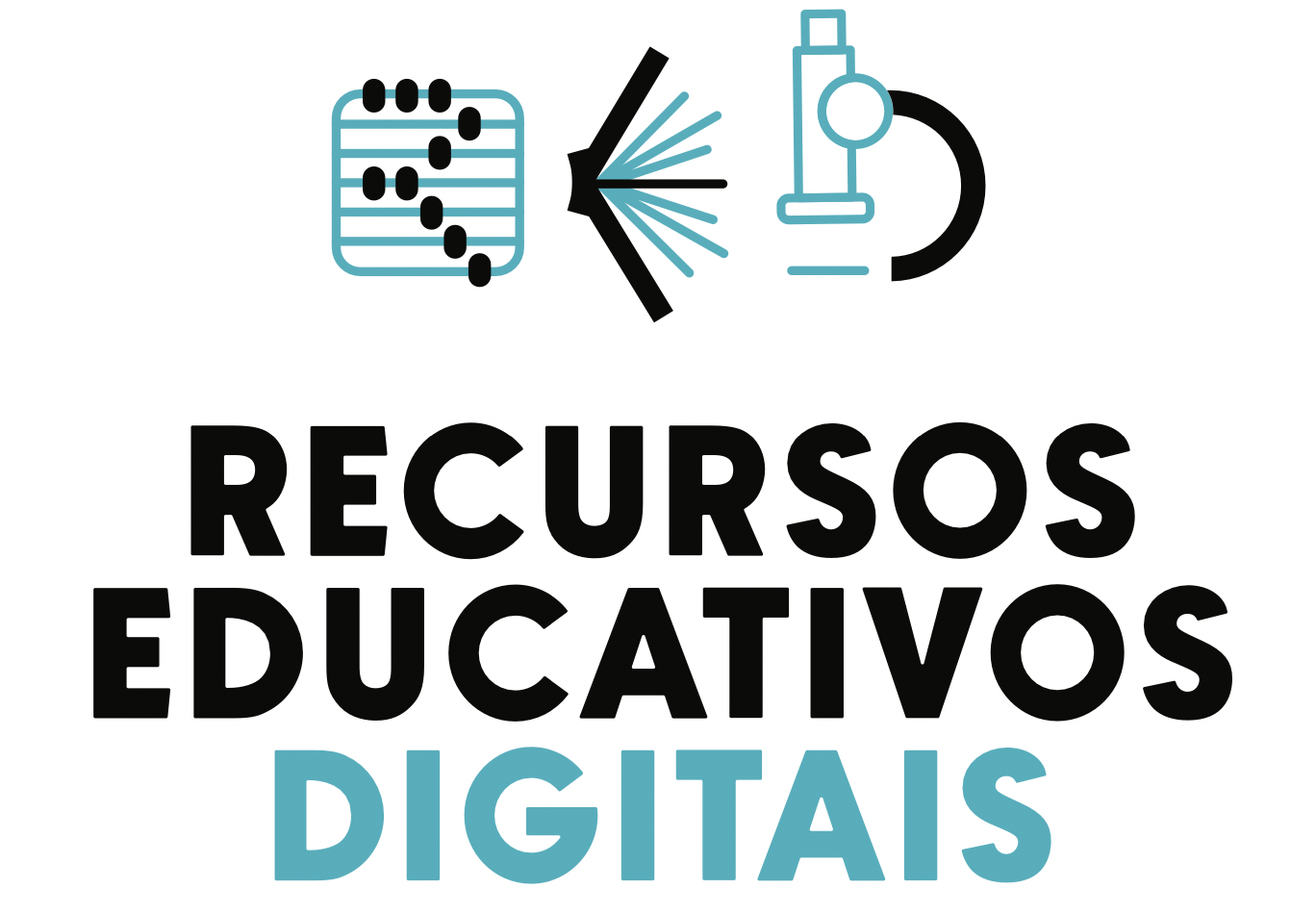
RED – Digital Educational Resources
Open-access resources that have been validated from a scientific and educational standpoint for use in Experimental Sciences, Mathematics and Portuguese, at the level of the 1st cycle of basic education.
Observatories

Obi.Media – Media Innovation Observatory
The mission of Obi.Media is to monitor and analyse the narrative, digital, social, inclusive and financial innovation practices that are present in the media and in other areas of the Portuguese cultural and creative sector.
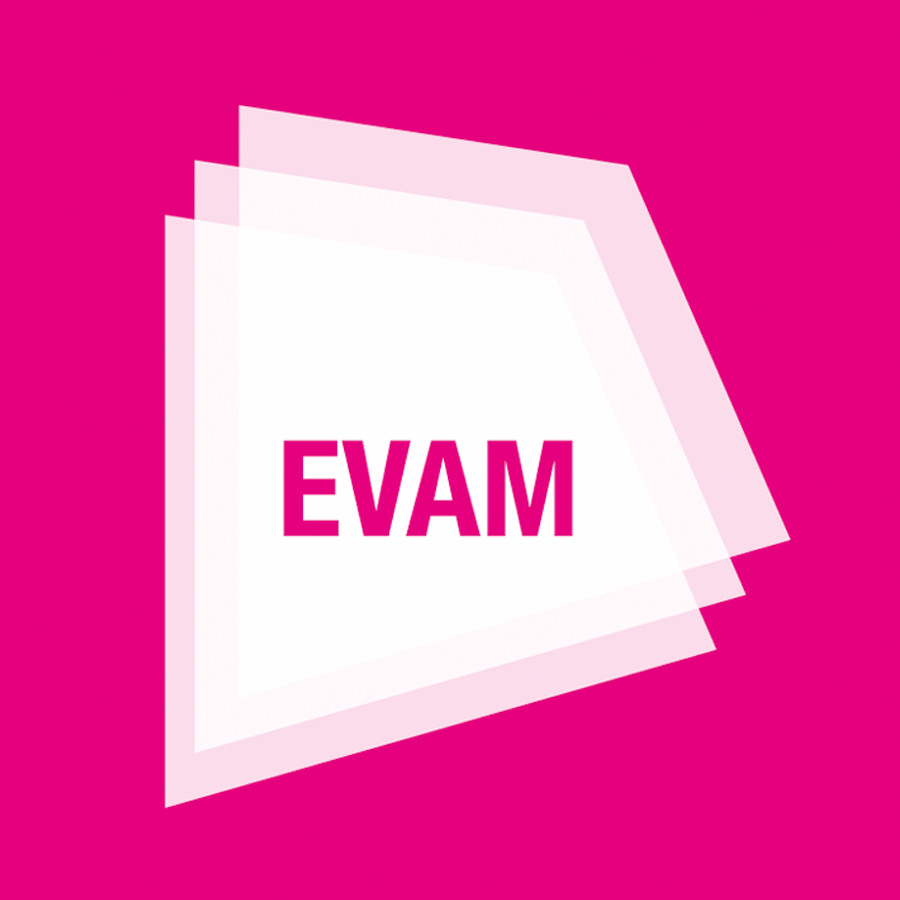
EVAM – Visual Studies and Media Archaeology Observatory
Born out of the need to debate issues related to the research in visual studies, it also aims to promote and share scientific and/or artistic research and work.
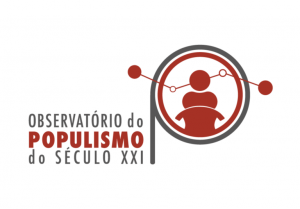
21st Century Populism Observatory
The 21st Century Populism Observatory aims to establish itself as a benchmark in the study of populism, collecting, recording and critically evaluating sources of information and academic works on the subject.
Art intervention
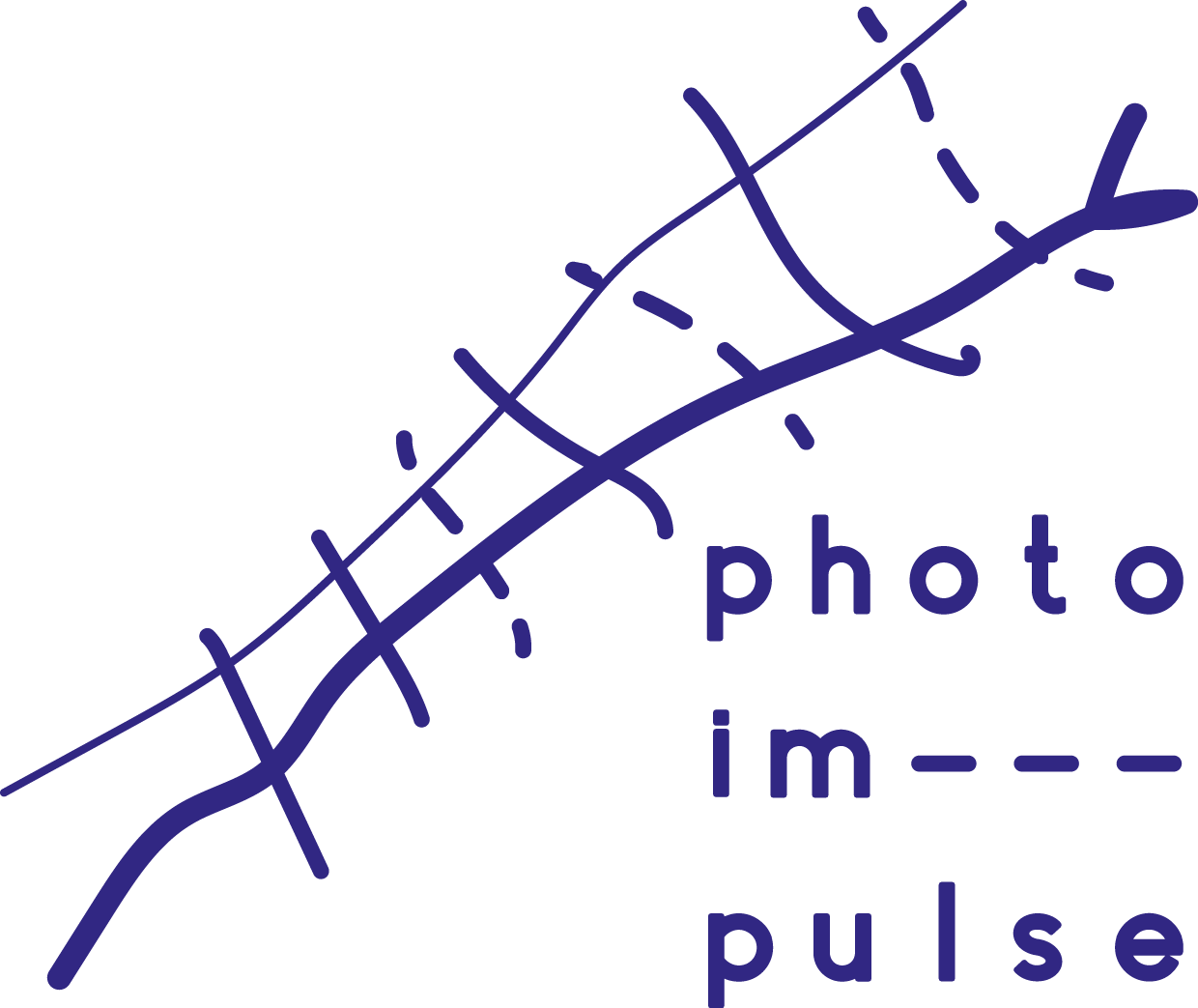
Photo Impulse
A project that lies at the intersection of post-colonial studies, visual cultural and the digital humanities.
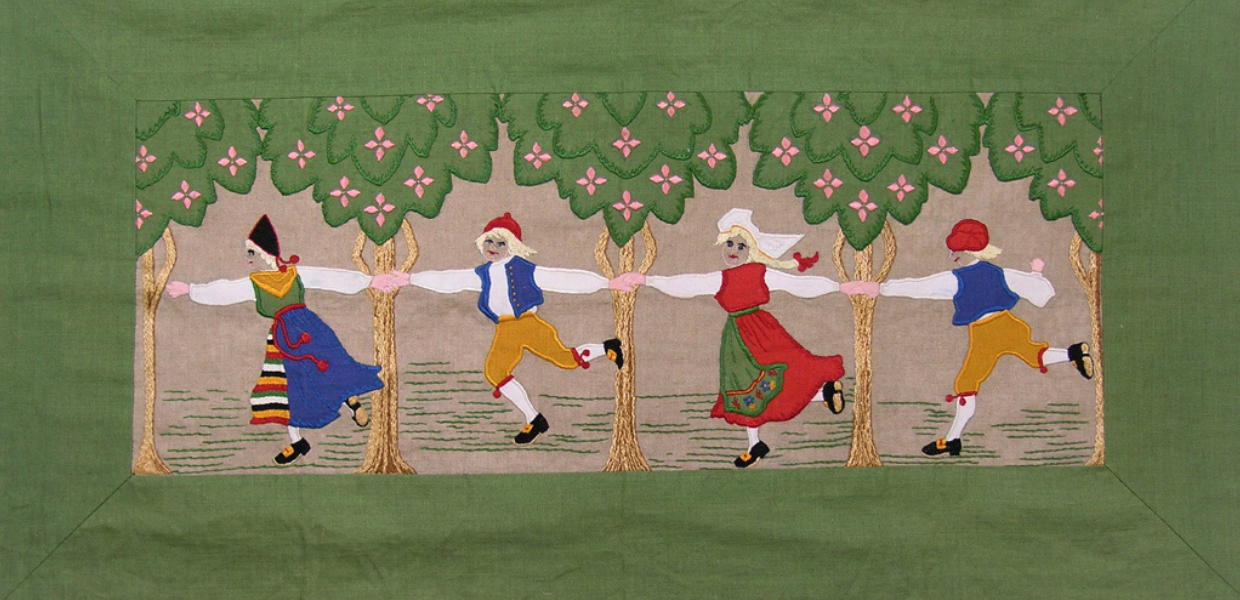
Weave (Portugal)
In this 12-country consortium, Portugal aims to develop software and 3D applications to annotate and transmit dance movements and performing arts.
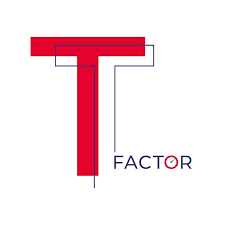
T-Factor
How can arts, culture and technology regenerate our cities?
Impact Stories
Resources
Open Science
Open Science is based on the principle that scientific research should be shared and reused. It is a new way of producing and sharing knowledge between the scientific community and society at large, making it possible to increase the recognition and social and economic impact of science.
Concept | Pillars | Principles and Benefits
Open Science aims to maximize the impact of research for the benefit of society as a whole; and to foster/accelerate scientific discovery.
From social sciences to exact sciences, as well as in the humanities, Open Science promotes greater transparency in scientific research and open access to scientific knowledge. Its purpose is to make knowledge accessible and reusable by all.
Going beyond open access to data and scientific publications, the concept of Open Science promotes a full opening up of the scientific process, enhancing social responsibility in science.
Principles of Open Science
The principles of Open Science seek to facilitate the exchange of knowledge between the scientific community, society and companies, with the aim of increasing the recognition and social and economic impact of science.
- Transparency in the practices, methodology, observation and gathering of data
- Dissemination, public access to and reuse of research results (publications and data)
- Transparency in science communication
- Use of web-based tools to facilitate academic collaboration
Pillars of Open Science
- Open access to research data and scientific publications, especially when they are the result of projects with public funding
- Opening up of research methods and tools
- Collaborative research processes
- Citizen science
- Open innovation
Advantages of Open Science
- Increases research efficiency | Greater research output
- Increases knowledge of the scientific work process
- Promotes academic rigour and increases the quality of research
- Accelerates the creation of new research themes | Manages new research themes
- Promotes the involvement of society and culture / scientific literacy
- Increases the economic and social impact of science
- Values intellectual property
- Promotes scientific return to institutions
Source: https://www.ciencia-aberta.pt/_files/ugd/a8bd7c_db81e0b7fedd4e6a8f62355c1b922a5d.pd
Click here for the UNESCO Recommendation on Open Science
Researchers in key areas
From the war in Ukraine to the pandemic and hate speech, learn about the researchers who are available to talk with the media about themes that influence the media agenda.
Labs
In addition to research labs, ICNOVA has invested in rooms equipped to foster the education / research link. The Av. de Berna Campus offers a sound lab, a multimedia newsroom, a fully equipped classroom and a video lab.

